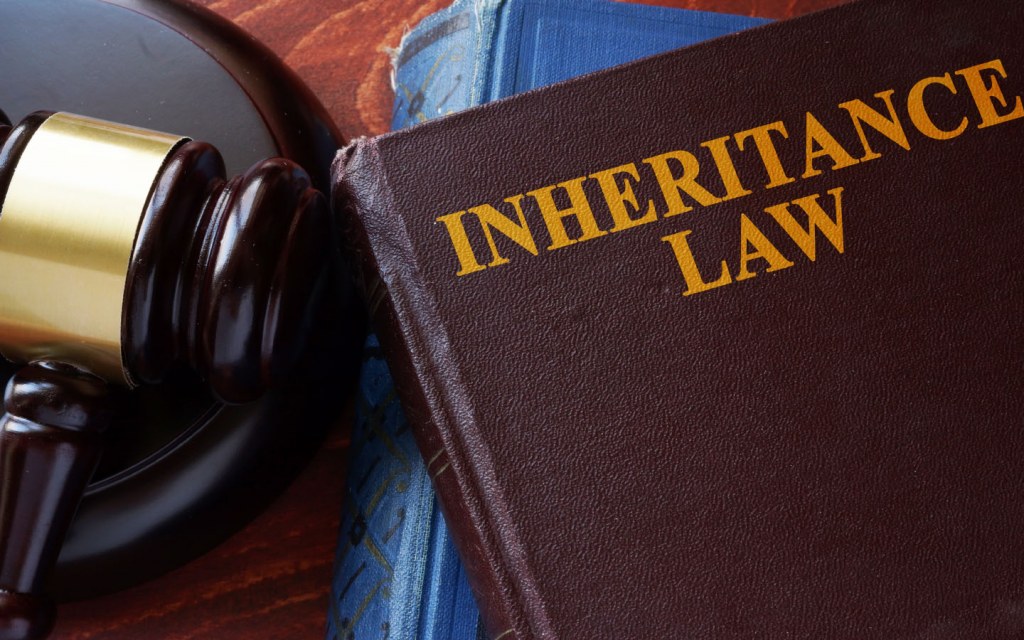Inheritance Laws in Pakistan 2024
Inheritance law is a fundamental aspect of family law in Pakistan, governed primarily by Islamic principles and the country’s legal statutes. With an evolving legal landscape, understanding the latest inheritance laws in Pakistan for 2024 is essential, particularly if you want to ensure your property is distributed according to your wishes and in line with legal requirements. In this article, we explore the key aspects of inheritance laws in Pakistan, covering inheritance rights, distribution guidelines, and notable updates for 2024.

Understanding Inheritance Law in Pakistan
Inheritance law in Pakistan largely derives from Islamic jurisprudence, as most of the population is Muslim. However, for non-Muslims, separate provisions exist to govern inheritance matters. Islamic inheritance laws are applied with the intention of equitable distribution, ensuring fair shares for each family member. However, because these laws can be complex and sensitive, having a clear understanding of how they work and what they entail is essential.
In general, inheritance laws in Pakistan divide the estate of a deceased individual among the legal heirs based on predetermined shares. The Sharia-compliant distribution structure ensures that all rightful heirs receive their due shares.
Key Principles of Inheritance in Pakistan
The inheritance laws in Pakistan for 2024 remain rooted in some core principles, including:
- Fixed Shares: Islamic law provides fixed shares for heirs such as spouses, children, parents, and siblings, with specific portions allocated to each based on their relationship to the deceased. For instance, sons typically receive twice the share of daughters, while parents also receive specific portions depending on whether the deceased has children.
- Immediate Transfer of Ownership: Upon the death of an individual, ownership of the estate transfers immediately to the legal heirs. However, the distribution process may take some time to finalize as it involves legal procedures to ensure fair and lawful division.
- Gender-based Distribution: In Islamic law, male heirs generally receive a larger share than female heirs. This principle is applied to maintain economic stability within the family, though it often sparks debate. In Pakistan, this rule is followed, but legal alternatives exist if individuals wish to provide additional provisions for female family members.
- Share for Spouse: In Pakistan, the surviving spouse is entitled to a share of the deceased’s property. A widow is entitled to 1/8 of her husband’s property if there are children, while a widower receives 1/4 if his wife leaves behind children.
- Inheritance for Orphaned Grandchildren: One recent development in Pakistan’s inheritance laws is the inheritance rights of orphaned grandchildren. Under the new provision, grandchildren from a deceased son are entitled to a share of their paternal grandparent’s inheritance.
Recent Updates in Inheritance Laws for 2024
As of 2024, certain legal advancements have been introduced to address unique inheritance cases and remove ambiguities. Some significant updates include:
- Strengthened Rights for Female Heirs: While the traditional framework of inheritance law provides smaller shares to daughters, the government has taken measures to protect women’s rights in inheritance. Legal provisions are now in place to address cases where female heirs face undue challenges in accessing their inheritance.
- Clear Documentation Requirements: For inheritance distribution, it is now mandatory to present valid documentation, such as the deceased’s death certificate, CNIC, family registration certificate, and property ownership documents. This requirement has been implemented to reduce disputes and facilitate transparent inheritance distribution.
- Online Inheritance Claims: As of 2024, Pakistan has introduced online platforms to allow heirs to submit inheritance claims. This digital solution is especially useful for overseas Pakistanis who may face challenges in filing claims in person. The online system provides convenience and speeds up the inheritance verification process.
- Orphaned Grandchildren’s Rights: In addition to the traditional inheritance rules, Pakistani law now ensures a share for orphaned grandchildren. This change provides financial support for the descendants of a deceased son, even if the son’s parents (grandparents) are still alive.
How Inheritance Distribution Works in Pakistan
The inheritance distribution process in Pakistan is complex and often requires legal assistance to ensure accuracy. Here’s a breakdown of the typical process:
- Filing for Succession Certificate: A succession certificate is required to initiate the distribution of movable property. Heirs must apply for this document at a civil court, providing proof of identity and death certificate.
- Obtaining Letters of Administration: For immovable property, heirs need letters of administration. This document verifies the deceased’s property details and the legitimate heirs’ rights to claim their inheritance.
- Court Verification Process: Once heirs submit the necessary documents, the court initiates a verification process. This includes verifying the deceased’s property, confirming the legal heirs, and ensuring compliance with inheritance laws in Pakistan.
- Property Valuation and Tax Clearance: Before distribution, the property is appraised, and any applicable taxes are cleared. This step ensures each heir receives their rightful share after all financial obligations are settled.
Common Issues and Challenges in Inheritance Cases
Inheritance cases can be complex, particularly when family disputes arise or legal heirs reside abroad. Here are some common issues:
- Disputes Over Property Shares: Family members may disagree on the distribution, especially if it involves large or high-value properties.
- Unlawful Exclusion of Heirs: Some heirs may face exclusion or manipulation by other family members, making it necessary to seek legal intervention.
- Inheritance Claims by Overseas Pakistanis: Overseas heirs often face hurdles due to distance and the need for legal representation.
Conclusion
Understanding inheritance laws in Pakistan is essential to ensure fair and lawful distribution of property among heirs. With recent updates in 2024, these laws now provide greater clarity, particularly in cases involving female heirs and orphaned grandchildren. To navigate the inheritance process smoothly, seeking guidance from a qualified lawyer can help resolve disputes and ensure compliance with Pakistani inheritance laws.

